




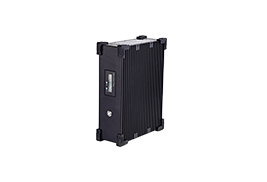
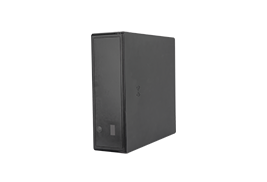
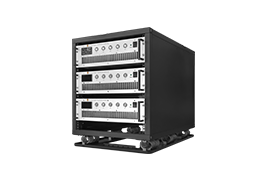
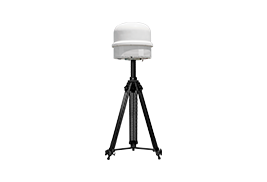

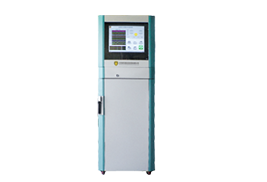


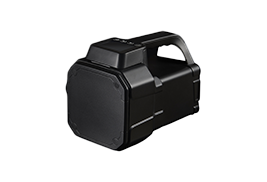
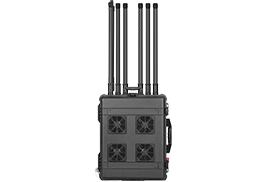
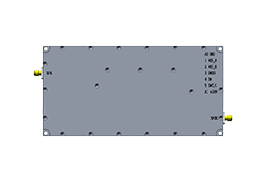
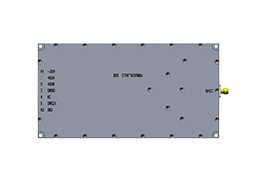
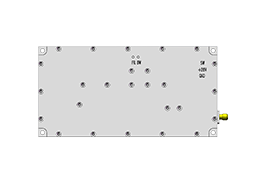
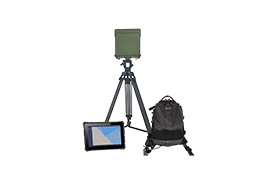

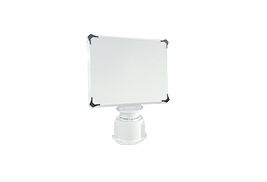
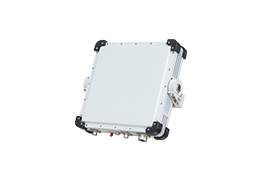



 X
X







 GLOBAL / ENGLISH
GLOBAL / ENGLISH

Interference modules, designed to simulate a variety of interference sources, are pivotal in many technical fields where controlled signal disruption is necessary. These modules precisely control the frequency and intensity of output signals to create optimal interference effects, operating with high efficiency (typically ≥40%). Here are some of the key technical applications of these modules:
Electronic Warfare Training: In military training scenarios, interference modules are used to simulate electronic attacks, helping trainees learn how to react to and counteract various electronic threats. This is crucial for preparing military personnel for actual combat situations where electronic warfare is a reality.
Wireless Communication Testing: These modules are employed in the testing and development of wireless communication systems. By simulating different interference scenarios, developers can gauge how well their systems perform under various adverse conditions, ensuring robustness and reliability in real-world applications.
Signal Integrity Testing: In the field of electronics manufacturing, interference modules help test the integrity of circuits and systems by introducing various signal disruptions. This testing ensures that the products are capable of operating effectively even in environments with significant electromagnetic interference.
Research and Development: Academics and industrial researchers use interference modules to study the effects of noise and interference on signal transmission and reception. This research helps in developing new technologies that are more resistant to interference.
Security Systems Testing: In security applications, these modules test the resilience of communication systems against intentional jamming or interference. This is particularly relevant for critical infrastructure and defense communication systems where security is paramount.
These applications underscore the importance of interference modules in developing, testing, and training scenarios across a variety of industries, particularly where the reliability and security of electronic systems are crucial.












